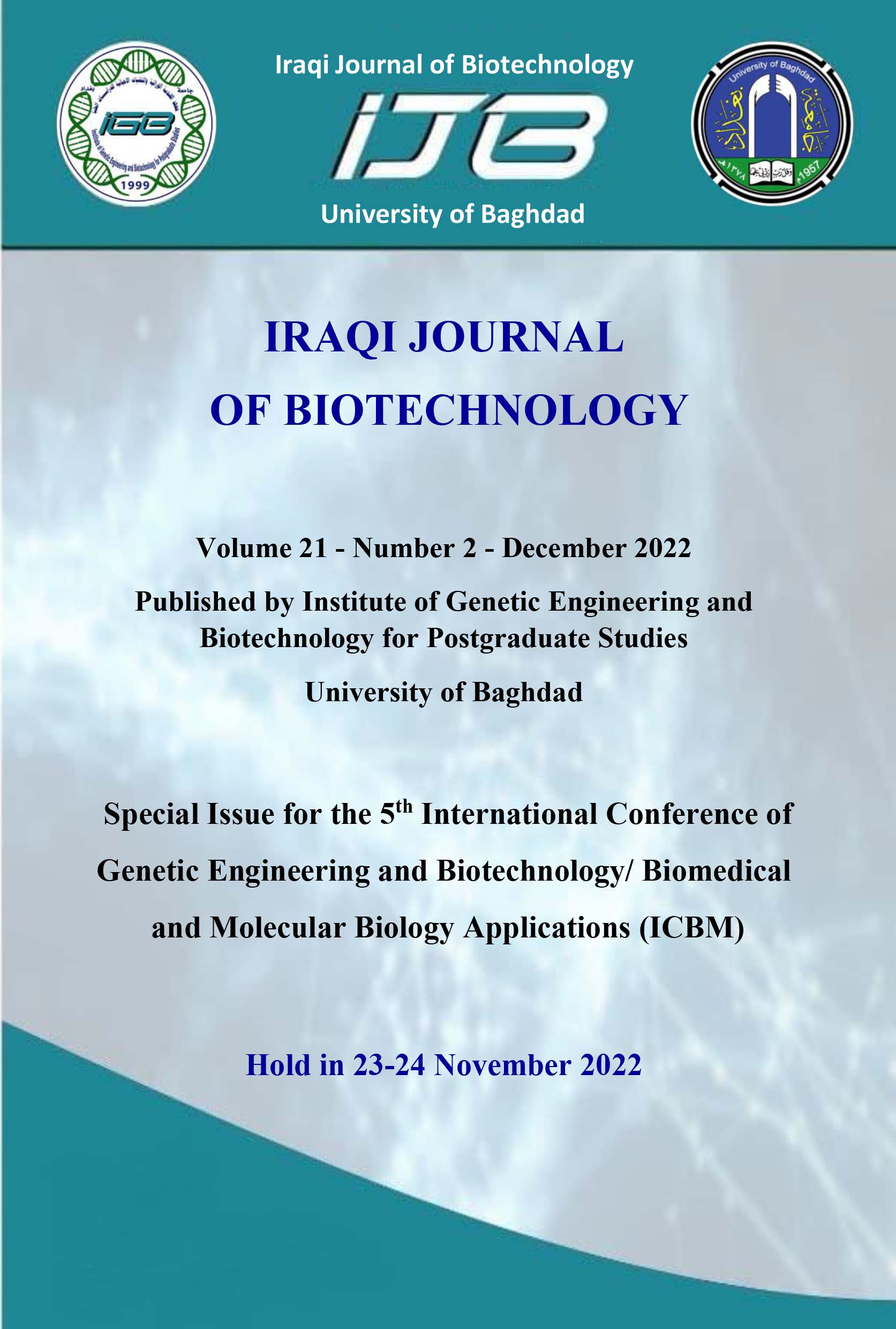Molecular Identification of Klebsiella pneumoniae Isolated from UTI Patients in Al-Anbar Governorate and Study Its Antibiotic Resistance and determination of Antimicrobial Activity of Flax seed Oil
Abstract
Two hundred and ten bacterial isolates were taken from the mid-stream urine of UTI patients attending Al-Falluja Teaching Hospital and Al-Ramadi Teaching Hospital for Maternity and Children. The isolates were grown on MaCconkey agar, eosin methylene blue agar, blood agar and biochemically tested to confirm the diagnosis. All bacterial isolates assured identified by VITEK® 2 Compact system. To sum up 57 (27,1%) out of 210 (100%) UTI samples showed growth of Klebsiella pneumoniae whereas 43 (20.5%) out of 210 (100%) UTI samples showed no growth of bacteria. Also, 110 (52.3 %) out of 210 (100%) UTI samples showed growth of different types of bacteria such as staphylococci, streptococcus, proteus, Escherichia coli, and Acinetobacter. The antimicrobial susceptibility test performed by VITEK® 2 Compact system and disk diffusion method demonstrated that the isolates showed a high rate of resistance to the third generation cephalosporins. The presence of antibiotic-resistant genes was determined by polymerase chain reaction (PCR). The antimicrobial activity of flax (Linum usitatissimum) seed oil has been studied and showed significant antimicrobial activity against all tested bacterial isolates of K. pneumoniae.


